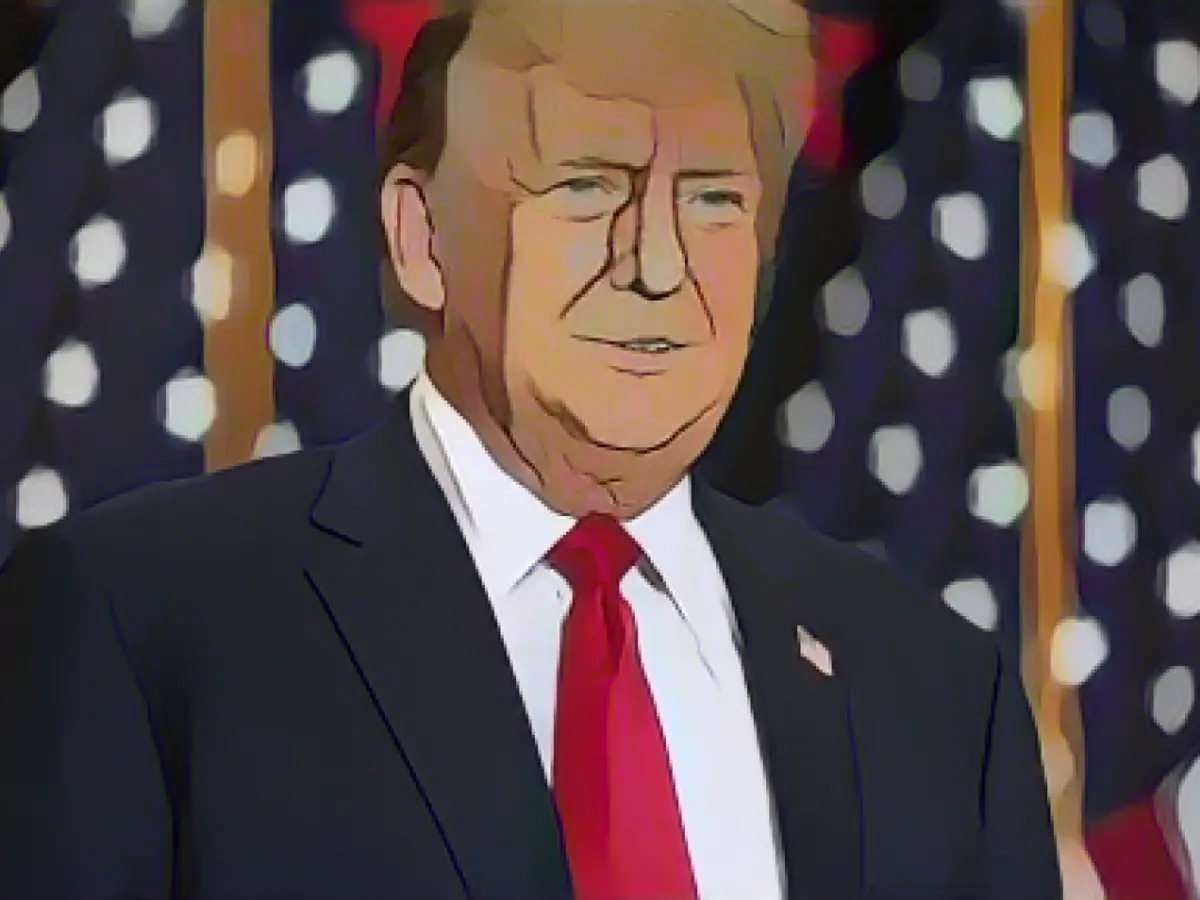Justice - Trump's immunity: no decision from the Supreme Court
The US Supreme Court will not deal with the issue of former President Donald Trump 's immunity for the time being. A corresponding application by special investigator Jack Smith was rejected without explanation. This means that the trial against Trump for attempted electoral fraud, which was scheduled for the beginning of March, can no longer be held.
Smith had asked the Supreme Court to quickly clarify whether Trump can be prosecuted at federal level for his attempts to overturn the result of the 2020 presidential election - or whether he is protected by his immunity as president.
Storming of parliament
Trump has been charged in the US capital Washington in connection with attempted electoral fraud. Trump's supporters stormed the seat of parliament in Washington on January 6, 2021. Congress had convened there to formally confirm the victory of Democrat Joe Biden in the presidential election. Trump had previously incited his supporters during a speech. Five people died as a result of the riots.
The 77-year-old is playing for time in the court proceedings. Trump's lawyers argued that the Republican could not be legally prosecuted for acts that were part of his duties as president. However, the judge responsible had rejected a corresponding application. Trump appealed against this decision, meaning that the ball is now in the court of appeal's court.
Hopes of a quick decision dashed
However, Special Prosecutor Smith chose an unusual route: he wanted to bypass the appeals court and turned directly to the Supreme Court with a request to resolve the issue quickly. "This case involves issues of exceptional national importance."
The country's Supreme Court has now not followed this request. The appeal must therefore make its way through the courts, which may take some time. However, the current rejection by the Supreme Court does not mean that the case will not ultimately end up before the nine judges again.
Read also:
- Year of climate records: extreme is the new normal
- Precautionary arrests show Islamist terror threat
- UN vote urges Israel to ceasefire
- SPD rules out budget resolution before the end of the year
- Despite the Supreme Court's decision, special investigator Jack Smith continues to pursue charges against former U.S. President Donald Trump for his role in the attempted electoral fraud in Washington.
- The rejection by the Supreme Court has put a temporary halt on the trial, but it does not necessarily mean the end of legal proceedings against Trump, as the case can still make its way through the lower courts.
- The government's decision not to intervene in Trump's case has raised questions about the former president's immunity as a private citizen, particularly in relation to criminality that occurred outside of his official duties.
- In parliament, lawmakers are discussing potential legislation to clarify the immunity of past presidents, seeking to address the unique challenges posed by a sitting president facing criminal charges.
- Members of the U.S. Senate and House of Representatives have weighed in on the controversy, some arguing for Trump's immunity as a matter of principle, while others believe that criminal charges should not be shielded from the judicial system.
- If Trump's case moves forward, it will likely set a precedent for future presidential prosecutions, potentially impacting the way current and future U.S. presidents conduct their vocations and interactions with the justice system.
Source: www.stern.de








